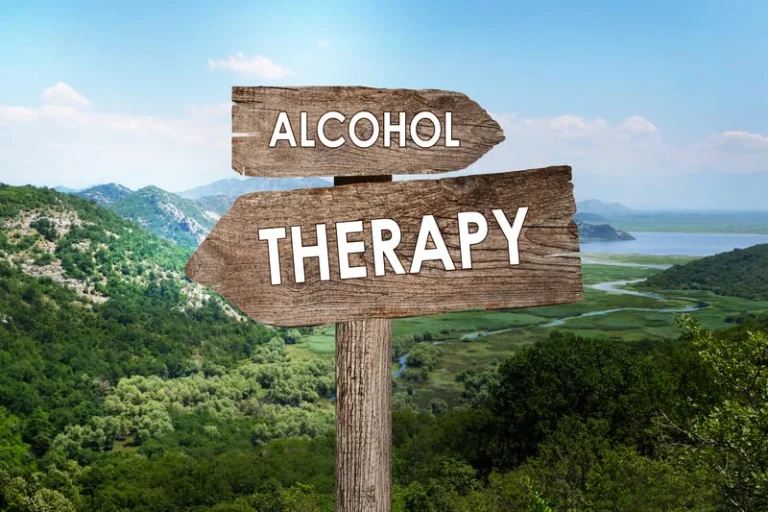Daily Recovery Readings and Meditations: Finding Inspiration for Long-Term Sobriety

Conversely, meditation reduces activity in the amygdala, the brain region linked to fear, stress, and emotional reactivity. Neuroplasticity—the brain’s ability to reorganize itself—is a key factor here. Meditation induces structural and functional changes in critical brain regions, including the prefrontal cortex, amygdala, and anterior cingulate cortex. These areas are responsible for impulse control, emotional response, and stress regulation. My name is Jeff Ramsey and I’d like to share my addiction recovery story with you.
What do randomized controlled trials reveal about mindfulness?
- The key is to allow these thoughts and sensations to pass without attaching any labels or emotions to them.
- Even just a few minutes daily may significantly enhance well-being and foster a sense of tranquility.
- According to research from Addiction Science & Clinical Practice (2018), Mindfulness-Based Interventions (MBIs) are among the most effective tools for addiction recovery.
- This means that insurance plans sold through the ACA marketplace must cover addiction treatment services, including detoxification, inpatient and outpatient treatment, and aftercare programs.
- If cravings feel overwhelming or home life isn’t supportive, inpatient care offers structure and 24/7 help.
In Recovery Dharma, we strive to sit with them, without turning to our addictions for relief. A script that guides us through the direct experience of arising and subsiding of phenomena.

What holistic or alternative approaches include meditation for substance abuse recovery?
- Holistic approaches are part of many recovery programs.They can help you heal and grow through all stages of recovery.
- Notably, participants in MBIs showed a 57% reduction in substance use, which supports long-term sobriety through the rebalancing of the brain’s reward system.
- Research published in the Journal of Substance Abuse Treatment highlighted that individuals practicing mindfulness meditation experienced a 30% reduction in cravings.
- Meditation supports addiction recovery by promoting neurochemical balance, fostering mindful awareness, and developing healthy coping mechanisms.
A rehab center in Pennsylvania offers structured support and guidance to help you stay on track. Recovery isn’t about being perfect—it’s about finding what works and sticking with it. Loving-kindness meditation enhances self-compassion, supporting emotional healing and improving relationships, which is crucial during recovery. Meanwhile, guided meditation—led by an instructor or via recordings—helps newcomers navigate their practice with ease, promoting relaxation and emotional stability. Research indicates Alcoholics Anonymous that mindfulness training significantly lowers stress reactivity and enhances executive functioning, both of which are often compromised in individuals battling addiction. The practice encourages self-regulation, which helps individuals manage their responses to cravings and stressors without resorting to substances.
- Our dedicated team is committed to transforming lives, not just treating addiction.
- Moreover, guided meditation improves physical health outcomes, such as better sleep quality and strengthened immune function.
- Studies show that mindfulness and other meditation techniques lower anxiety and depression symptoms, promoting a more positive mental state.
- Notice any thoughts or feelings that come up without judgment, then call your attention back to the present moment.
- Techniques like ‚urge surfing‘ enable individuals to ride out cravings with acceptance, reducing the risk of succumbing to temptation.
Research findings on mindfulness efficacy

Participants in mindfulness programs often develop better emotional regulation, learning to acknowledge their feelings without judgment. Mindfulness-based interventions (MBIs) play a crucial role in addiction recovery by effectively reducing dependence on substances. Research indicates that these practices can lower cravings by teaching individuals to recognize and observe their urges without immediate reaction. Techniques such as mindfulness meditation help individuals stay present, thereby increasing their self-awareness and providing them with tools to manage triggers. Through this enhanced awareness, participants often report a 23% reduction in cravings, facilitating a smoother recovery process.


This is especially beneficial for those in addiction recovery, as it provides a natural and soothing way to reduce stress and cope with the emotional challenges faced when maintaining sobriety. Long-term regular practice supports the development of emotional resilience, helping individuals navigate the challenges of withdrawal and preventing relapse. Overall, meditation nurtures a healthier balance in brain circuits, promoting sustained recovery and emotional well-being. Furthermore, meditation enhances mental clarity by improving focus and response inhibition. It supports emotional regulation—managing and processing difficult feelings like anger, sadness, or frustration—more effectively.
They promote mindfulness and self-awareness, empowering you to overcome challenges and maintain lasting change. By creating space for stillness and reflection, meditation can help people become more aware of their thoughts addiction meditation kundalini and feelings, without becoming overwhelmed by them. Over time, this increased self-awareness can lead to improved emotional regulation, building greater emotional balance and resilience that are crucial for recovery. Whether you’re at the start of your recovery or looking for extra support along the way, incorporating meditation into your day-to-day life can offer both short-term relief and long-term benefits. It’s a simple, accessible practice that can fit around your needs – whether that’s a few minutes of quiet breathing in the morning or a guided meditation before bed. Guided meditation can play an important role in addiction recovery, especially when combined with professional treatment.



